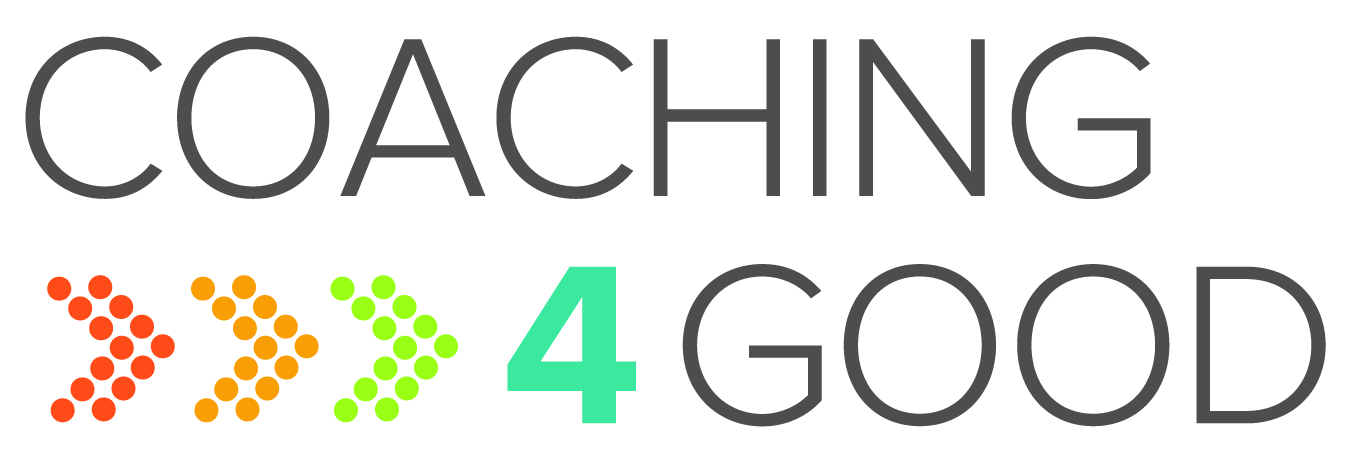Life is about achievements! You know, achivements like this:
- Graduate from college
- Find a job
- Grow in that job
- Buy a nice car
- Find a spouse or partner
- Have kids
- Buy a house
- Get a better job
- Buy a nicer car
- Buy a bigger house
- Start a retirement account
- Save a certain amount in that retirement account
- Retire
- Accomplish something noble in retirement
Maybe these are achievements that you’ve come to believe in (and that’s perfectly okay). But are these 14 accomplishments the formula for defining purpose? Are they going to bring you happiness? Do they sound like a purposeful life to you? And ultimately, this:
Purpose: Are you a “human being” or a “human doing?”
The above question creates an interesting thought: Is our life achievement plan getting in the way of our life’s purpose? Here are perspectives to think about:
-
Purpose planning makes you overthink
When we plan, we also overthink. One of the greatest elements of purpose, is its ambiguity. The ability for us to know and not know what it is at the same time. If we plan too much, we miss the opportunity to let it happen.
-
Where’s the balance between finding purpose and discovering it
Planning in and of itself isn’t a bad thing. Actually, it’s important that we have balance between our human being and human doing achievements. When there is balance, we’re more able to operate in our truest form.
-
Having success doesn’t mean having purpose (or happiness)
As you balance between being a human being and human doing, make sure that you also balance success. Remember, too much of a good thing is a bad thing. “Happiness requires an assortment of ingredients – and abundance of a single ingredient (success) won’t do the trick.” As you continue to define your purpose, it’s okay if success isn’t the number 1 item / achievement.
-
Without purpose, relationships remain utilitarian
When our life’s purpose is built on achievements, our relationships remain utilitarian. This means, our relationships – and the motives behind them – are built out of the necessity to accomplish something, rather than the desire to act for the sake of the friend. This is extremely important because friendships are the single most important factor in determining a person’s happiness, according to an AARP study. And if our relationships don’t extend beyond utility, our happiness, and ultimately purpose, will be affected.
Planning, in and of itself isn’t a negative thing. However, when it comes to your purpose, think about how you can better balance your actions.
Are you going to be a human being or human doing?
-Wolfgang Career Coaching Team









Stay In Touch